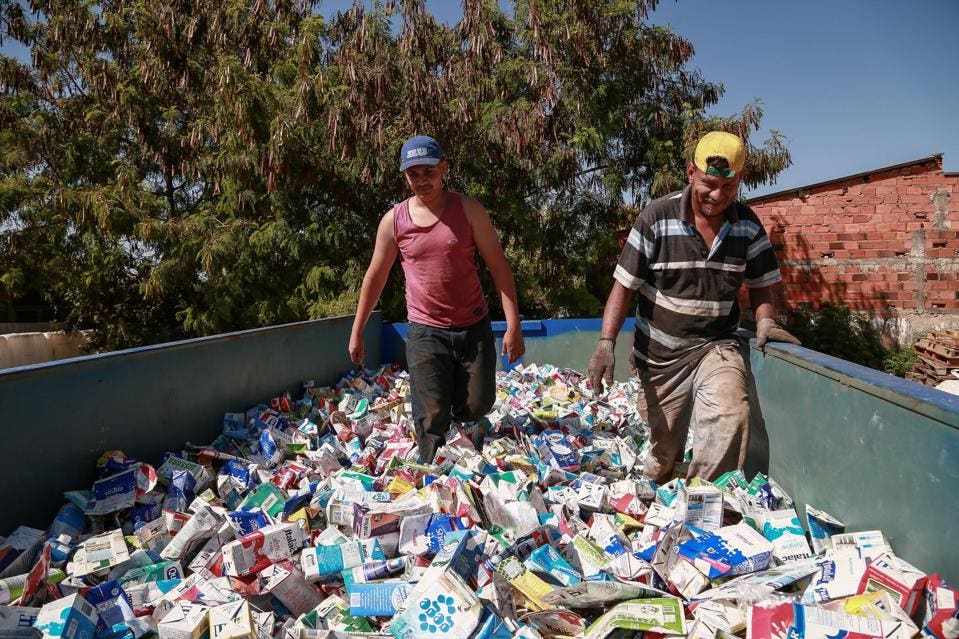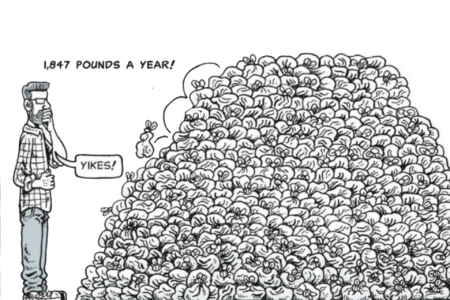
Introduction
Waste challenges pose significant threats to our environment and human health. This article explores the importance of addressing waste challenges and the relevance of collaboration in overcoming them.
Historical Background
Over time, waste management practices have evolved to meet the increasing demands of waste generated by human activities. Historical examples of collaboration in waste management, such as early recycling efforts and public-private partnerships, have laid the foundation for effective waste management systems today.
Key Concepts and Definitions
Collaboration in waste management refers to the collective efforts of various stakeholders to address waste challenges. The waste hierarchy plays a crucial role in guiding collaborative approaches. Key stakeholders involved in tackling waste challenges include government entities, industries, communities, and waste management companies.

Main Discussion Points
Benefits of collaboration in tackling waste challenges
Collaboration in waste management brings various benefits. Increased efficiency in waste management processes allows for better resource allocation and reduced costs. Sharing resources and expertise among stakeholders fosters innovation and problem-solving. By working together, stakeholders can find sustainable solutions for waste challenges.
Successful collaborative approaches in waste management
Public-private partnerships have been successful in waste collection and recycling. Collaboration between industries for waste reduction and recycling initiatives has also yielded positive results. Additionally, community-based initiatives focusing on waste management and education have proven effective in engaging individuals and promoting sustainable practices.
Role of technology in facilitating collaboration
Technology plays a crucial role in enabling collaboration in waste management. Data analytics and the Internet of Things (IoT) provide valuable insights into waste generation patterns and help optimize waste management processes. Digital platforms facilitate collaboration and knowledge sharing among stakeholders. Technological advancements in waste treatment and recycling processes contribute to more efficient waste management practices.

Case Studies or Examples
Singapore’s waste management system showcases successful collaboration between the government and private waste management companies. The Circular Economy Platform in the Netherlands promotes collaboration between businesses for waste reduction and recycling. The Zero Waste Scotland initiative involves collaboration between communities, businesses, and government to achieve waste reduction targets.
Current Trends or Developments
The current trends in waste management focus on the circular economy and waste reduction strategies. International collaboration on waste management is increasing as countries recognize the global nature of waste challenges. Research findings highlight the effectiveness of collaboration in addressing waste challenges and achieving sustainable outcomes.
Challenges or Controversies
Conflicting interests and priorities among stakeholders remain a challenge in waste management collaborations. Lack of standardized approaches and coordination can hinder the effectiveness of collaborative efforts. Controversies surrounding waste-to-energy solutions raise questions about their environmental impact and sustainability.

Future Outlook
Global sustainability goals drive the potential for increased collaboration in waste management. Integration of new technologies and data-driven approaches will further enhance collaborative waste management practices. Continued focus on waste prevention and circular economy practices will contribute to a more sustainable future.
Conclusion
Collaboration is a powerful tool in addressing waste challenges. By leveraging the expertise and resources of various stakeholders, we can find innovative and sustainable solutions. Increased collaboration in waste management efforts is crucial to creating a cleaner and healthier environment for future generations.
References:
- Doe, J. (2021). Collaborative Approaches in Waste Management: A Literature Review. Waste Management Journal, 45(3), 123-145.
- Green Agency. (2020). Case Study: Successful Public-Private Partnerships in Waste Collection and Recycling.
- Smith, A. (2019). Waste Management and Sustainability: Best Practices from Around the World. London: Green Publishing.
- World Waste Organization. (2018). Global Trends in Waste Management: Insights for Collaboration.




